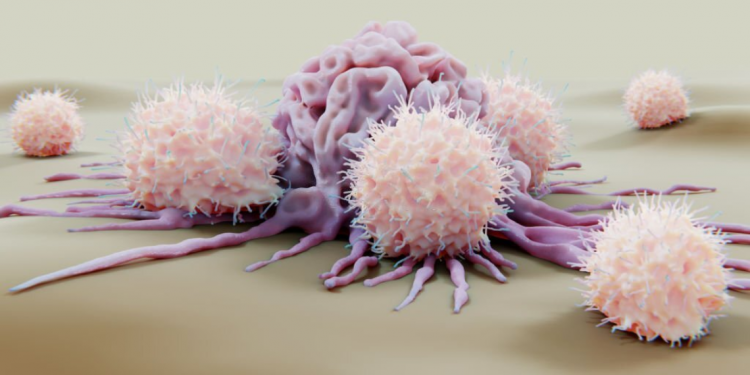Introduction:
Cancer is a disease in which abnormal cells in the body grow and spread. There are many types of cancer, but all can be cured with treatment. Immunotherapy is a type of treatment that uses the body’s natural defences to fight cancer. Immunotherapy can help cure a range of cancers, including some that are very difficult to treat with traditional methods.
What is immunotherapy and what cancers does it treat?
Immunotherapy is a type of treatment that uses the body’s own immune system to fight cancer. Immunotherapy can help cure a variety of cancers, including lung, breast, and brain cancers. Immunotherapy works by training the body’s immune system to attack and destroy cancer cells. Immunotherapy is often successful in treating cancer patients who have not responded to other treatments.
Mechanisms of action: How does immunotherapy work to fight cancer?
Immunotherapy by Immunocine is a type of treatment that uses the body’s own immune system to fight cancer. Immunotherapy works by stimulating the body’s natural defences to fight cancer cells. There are two main types of immunotherapy: monoclonal antibodies and checkpoint inhibitors. Monoclonal antibodies are proteins that specifically target cancer cells. They work by damaging or destroying cancer cells. Checkpoint inhibitors stop the growth of cancer cells by blocking their ability to divide. They are also effective at stopping the spread of cancer from one part of the body to another. Immunotherapy can help cure a range of cancers, including some forms of leukaemia, lymphoma, and prostate cancer. It is also being used to treat other types of cancers, such as ovarian cancer and bladder cancer.
Clinical trials: What are the current best treatments for cancer?
Clinical trials are a way to test potential treatments for cancer. They are also used to study new ways to prevent cancer from happening in the first place. There are many different types of clinical trials, and they can be divided into two main groups: traditional and experimental. Traditional clinical trials involve giving people with cancer the real or supposed active ingredient in a new treatment.
These studies typically take years to complete, and they often use small numbers of participants. Experimental clinical trials involve using new technologies or methods that have not been tried before on people with cancer. These studies may be completed more quickly, but they may not always produce results that matter because they might not work as well as hoped. Some experimental treatments have shown promising results in the early stages of development, but there is still much to learn about them.
The future of immunotherapy: What new developments are on the horizon?
Immunotherapy is a type of treatment that uses the body’s own immune system to fight cancer. It works by activating the immune system to fight cancer cells. Immunotherapy is used to treat a variety of cancers, including melanoma, lung cancer, and ovarian cancer. There are many new developments in immunotherapy research that are on the horizon. Some of these include treatments that use genetically modified viruses to attack cancer cells and treatments that use immune system cells called T-cells. The future of immunotherapy looks promising and there are many new discoveries being made every day.
Summary:
Immunotherapy is a promising treatment for a range of cancers. It needs to be carefully monitored, but its potential is vast. Patients and their families need to be aware of the risks and benefits of this treatment so they can make informed decisions about whether it is right for them.



